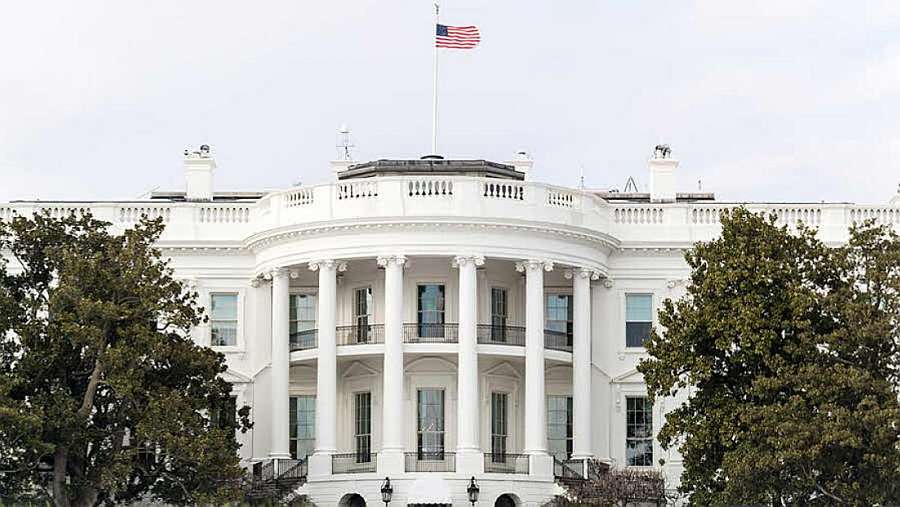Biden Promotes 'Jobs Plan' Broadband as Big Cybersecurity Investment
White House signals American Jobs plan combined with executive order is recipe for secure networks

The smarter way to stay on top of the multichannel video marketplace. Sign up below.
You are now subscribed
Your newsletter sign-up was successful
The White House Tuesday was promoting the American Jobs Plan infrastructure package's $100 billion for universal broadband as a big investment in cybersecurity.
That was part of a fact sheet the White House issued early Tuesday (May 18) as the President tries to drum up support, both on the Hill and among the public at large, for his legislative package.
Also Read: Jobs Plan Predicts Universal Broadband by Year's End
Combined with President Biden's May 12 executive order on cybersecurity, the Administration said, The Jobs Plan's funding of "affordable, reliable, high-speed broadband" will also be a historic investment in network security.
That is because the White House says grant recipients "will be asked to source from 'trusted vendors,' "while preference for the grants will be given to "open, interoperable architecture," at least "where feasible."
Also Read: NCTA's Powell: Biden's Infrastructure Plan Risks 'Serious' Wrong Turn
Tech companies have applauded the goal of securing digital infrastructure, but not the executive order's creation of an IoT device consumer labeling regime. CTA, the consumer technology association argues that such a regime could slow response to cyberattacks by imposing a "one-size-fits-all rules on the diverse, complex and rapidly evolving threat landscape will undermine rather than improve security."
The smarter way to stay on top of the multichannel video marketplace. Sign up below.
Broadband providers have argued that the plan's emphasis on municipal network buildouts risks taking that investment in a seriously wrong direction.
ISPs have long pushed for limits on government broadband buildouts that can wind up overbuilding existing service or end up with networks that can't support ongoing operations, leaving taxpayers to pick up the slack.
Also Read: White House Paints Depressing Portrait of U.S. Broadband
Michael Powell, president of NCTA, the Internet & Television Association, argues that the Biden approach "discards" decades of successful government policy, which is subsidizing hard-to-reach and low income residents through the Universal Service Fund subsidy program and allow ISPs to continue to make the money that allows them to invest in buildouts, and upgrades, including securing their networks.
Contributing editor John Eggerton has been an editor and/or writer on media regulation, legislation and policy for over four decades, including covering the FCC, FTC, Congress, the major media trade associations, and the federal courts. In addition to Multichannel News and Broadcasting + Cable, his work has appeared in Radio World, TV Technology, TV Fax, This Week in Consumer Electronics, Variety and the Encyclopedia Britannica.

